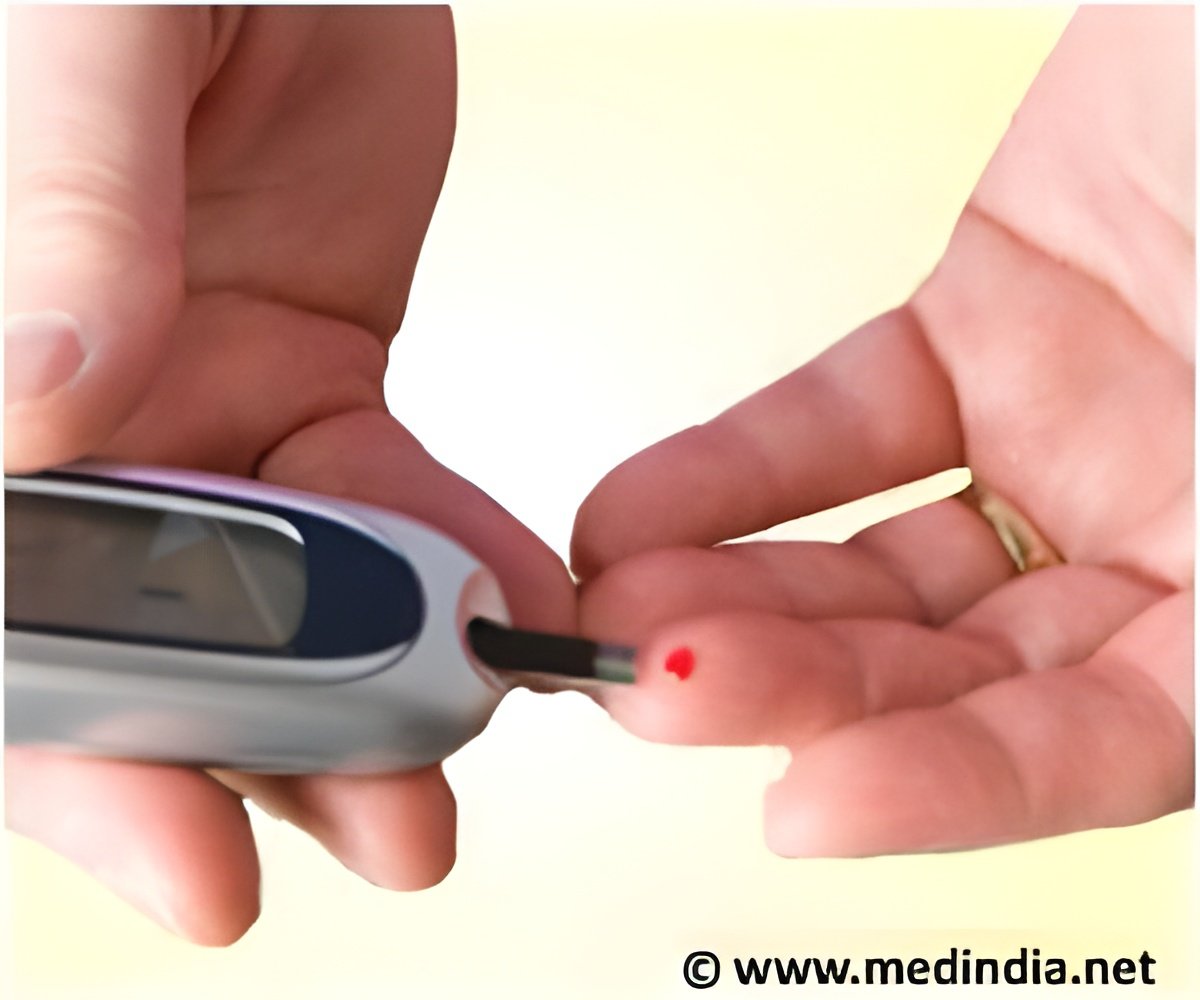A new study finds type 2 diabetes adults who improve their physical fitness lower their chances of getting chronic kidney disease (CKD).

"It is essential for individuals with Type 2 diabetes to improve their physical fitness because it can improve kidney deterioration and reduce mortality," said the study's lead investigator, Shruti Gandhi, MD, an endocrinologist at Washington DC Veterans Affairs (VA) Medical Center.
The study had two parts. In the first part, the researchers looked at data for 2,007 patients (primarily men) with Type 2 diabetes who had normal kidney function when they completed an exercise stress test at the VA hospital in Washington, D.C. They had an average age of 61.Their fitness level, or peak exercise capacity, was scored using the number of metabolic equivalents (METs) they achieved during the test, which increases with exercise intensity. Patients who achieved less than 5.5 METs were classified as least fit; 5.5 to 7.5 METS, as low fit; 7.6 to 9.5 METS, as moderately fit; and more than 9.5 METs, as highly fit.
During the follow-up period, which averaged seven years, 572 patients developed CKD or died of any cause. Because there were not enough data for separate analysis, the researchers combined cases of CKD and deaths, Gandhi explained.
Their data analysis showed that the combined death rate and progression to CKD was much lower with an increased level of fitness. Compared with the least fit patients, the highly fit patients had a 68 percent lower combined CKD-death rate, and the moderately fit had a 51 percent lower rate of progression to CKD and death. Even the low-fit group had a 41 percent lower rate than that of the least fit, according to Gandhi.
In the second part of the study, the researchers assessed the effect of a 12-week supervised exercise program on kidney function in 67 patients with Type 2 diabetes. The program combined aerobic exercise and resistance for at least 30 minutes twice a week. Patients could exercise at home on their own, and approximately 50 percent exercised on one more day, Gandhi said. Before and after the program, the patients had a test of their kidney function, the estimated glomerular filtration rate, or eGFR.
Advertisement
Gandhi said 60 to 90 minutes of exercise weekly "is not a burdensome amount. Our study, while small, provides hope to patients with progressive kidney disease that there is something they can do to improve their kidney function and perhaps prevent or delay the need for dialysis."
Advertisement















